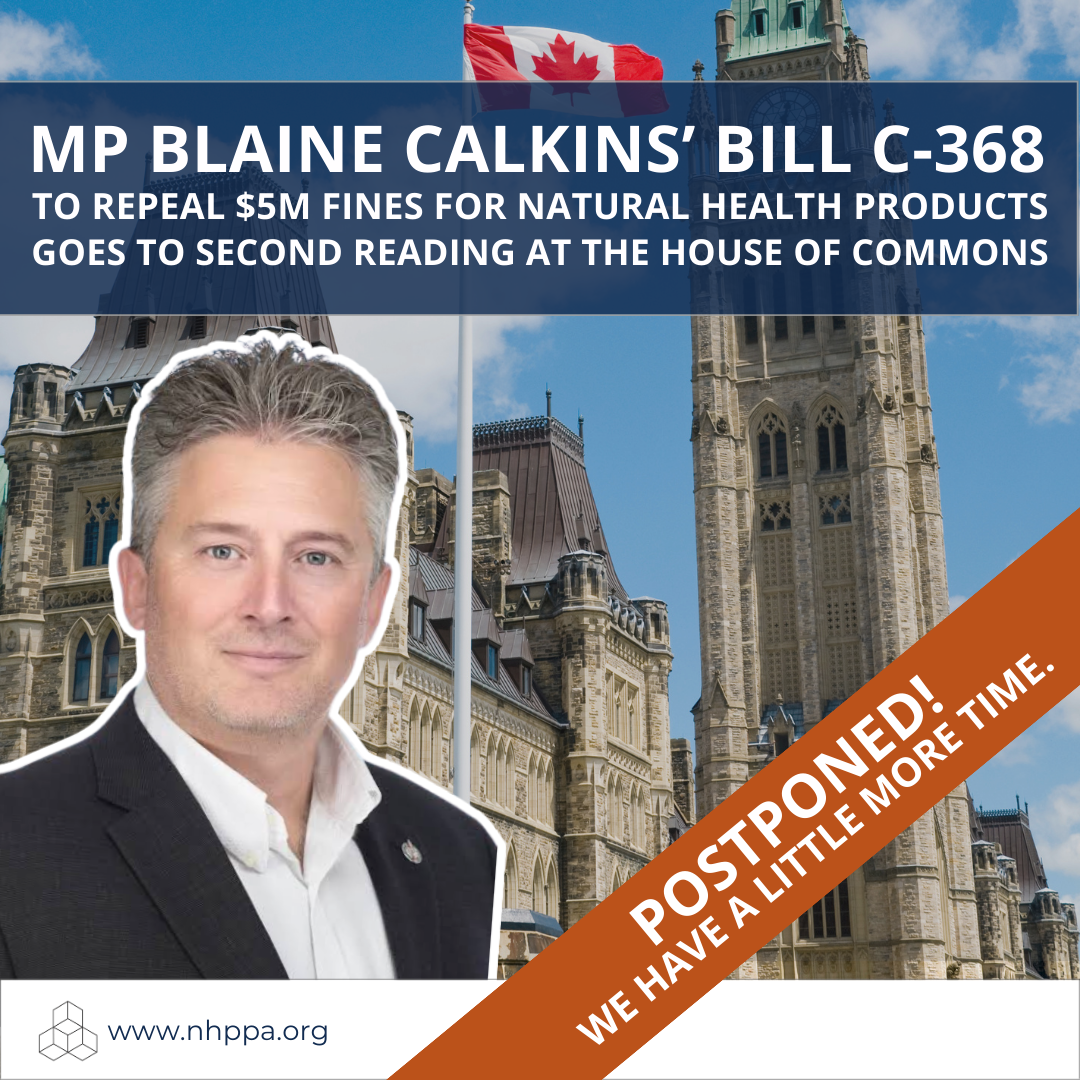Report On NNHPD (Natural and Non-Prescription Health Product Directorate) Workshop
May 2, 2017 | Sheraton Centre Hotel Toronto, ON
Richard DeSylva RH, DNM
It was a bit hard to sort out details that had any significance, from the spin put on by the presenters. However, the following are some of the points that are worth noting:
- There will be two classes of products: Class 1: those that are of a low risk nature, and with claims that are more general than specific; Class 2: those whose ingredients may be of higher risk and whose claims are more specific for diseases.
XYZ - The industry (& practitioners if interested) will still be able to make claims for a product that falls under Class 1 without having to apply for an NPN number. Instead, there will be a ‘unique identifier’ on the label to distinguish it from an NPN number. The product will have to be registered in advance with Health Canada, but will only have to provide traditional-based evidence if asked.
XYZ - While they gave examples of claims allowed for both Classes, it remains to be seen how this will play out in actual practice. For example, they have stated that no claim will be allowed in Class 1 where “failed efficacy” will cause harm. Who will determine failed efficacy, and will this qualifier simply be another means to limit products and innovation?
XYZ - Interestingly, a number of people in the audience got up and stated that Health Canada was too lax in their approach, and that they should tighten things up. Of the 4 people, 3 described themselves as concerned citizens, while only one was a practitioner; however as noted, they felt that the regulations were not stringent enough. I was left with the impression that perhaps they were ‘plants’ who sole purpose was to sway the conversation back towards a firmer approach. Even a member of the industry got up and stated that he would bet a year’s salary that there were a number of manufacturers who still have not been site licensed nor GMP compliant.
Finally, as much as I had wanted to get up and voice the CCHA & OHA’s concern over the perceived elimination of traditional claims (now a moot point), they were only taking questions re: specific sections of their presentation.
XYZ
XYZ
Richard DeSylva started The Herb Works in 1977, and has been committed to providing premium quality herbs and herbal formulae to clientele, natural food stores, and distributors around the world. As a specialist of botanic medicine, Richard’s expertise includes treating chronic ailments, resourcing top quality botanical herbs, and developing custom herbal formulations.






